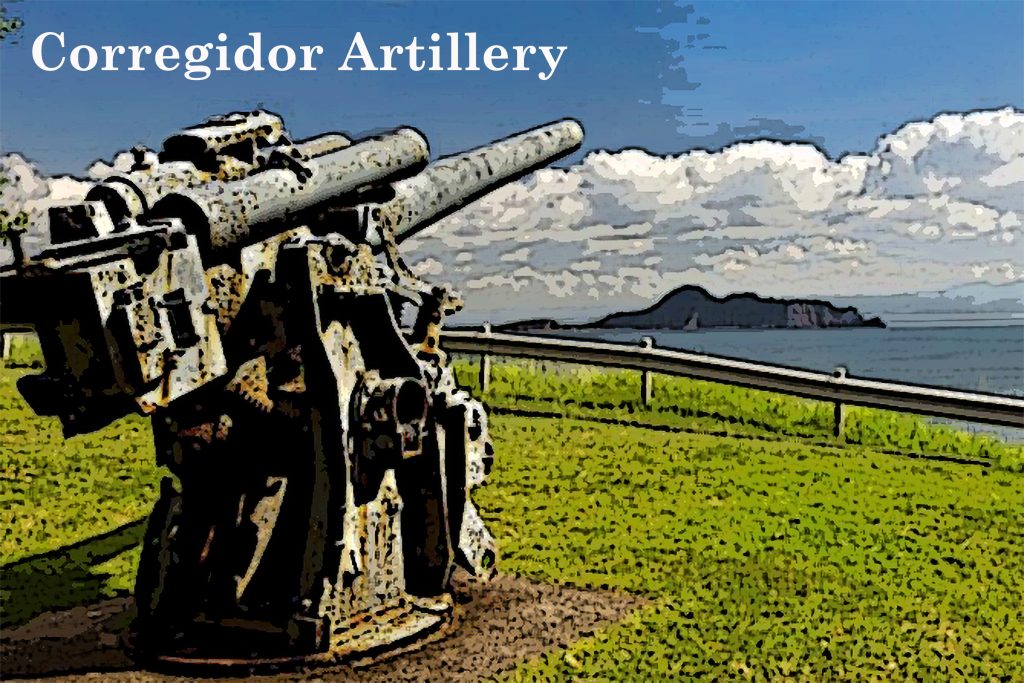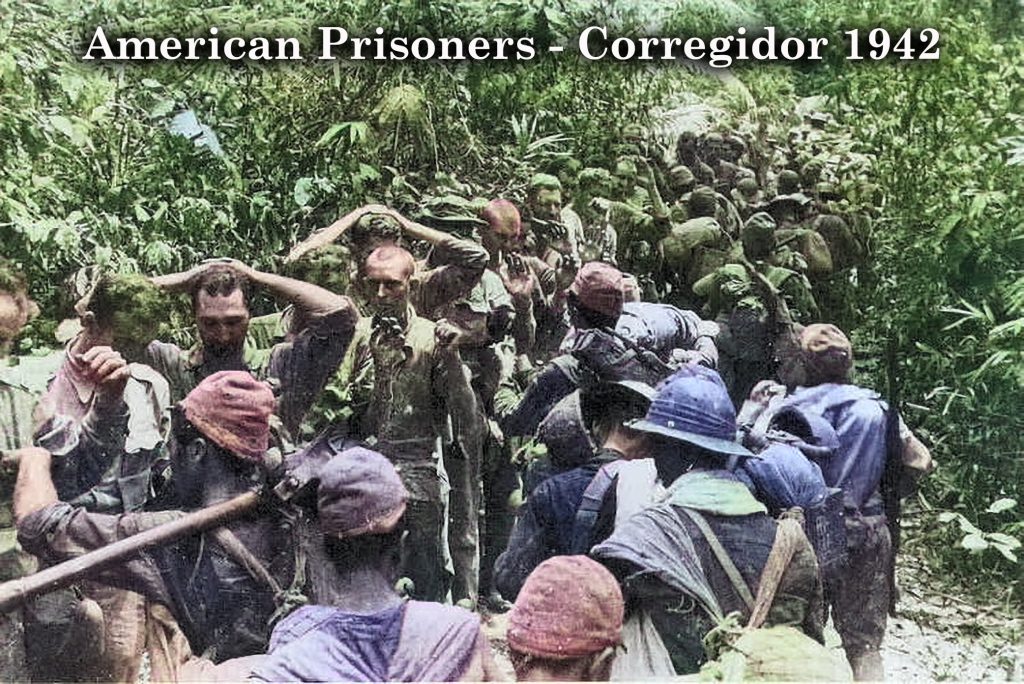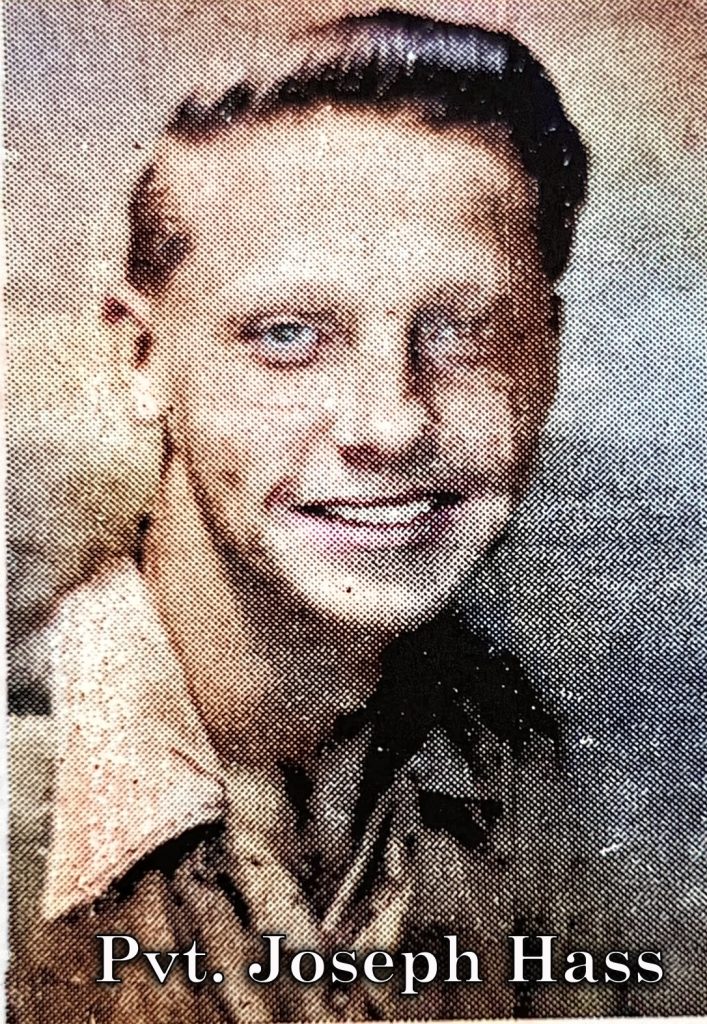As Memorial Day approaches, we honor the brave American men and women who made the ultimate sacrifice in service to our great country. Our Eagle community has a long history of sending its residents off to various wars and conflicts throughout American history.
Today, we remember one young man with strong ties to Eagle. His name was Joseph Hass. Joseph and his older brother Charles grew up in West Allis, Wisconsin, the sons of Vincent and Gertrude Hass. When he reached adulthood, Charles moved to the Town of Troy, where he worked as a farmhand. Joseph followed suit and found employment on farms in the Eagle area, where he became well known.
In 1941, Joseph Hass joined the army at the age of eighteen. He soon became part of a Coastal Artillery Unit stationed on Corregidor Island in the Philippine Islands of Southeast Asia. Corregidor held strategic importance because it guarded the entrance to Manila Bay—a vital seaport and gateway to Asia. The island had been fortified with coastal artillery batteries since the Spanish-American War in 1898, serving as a buffer against Japanese expansion in the Pacific Ocean.

With American military attention focused on the war effort in Europe, the Japanese launched a relentless bombing campaign on Corregidor in January 1942. After several victories in the Philippines, the Japanese forces turned their full attention to Corregidor—the last stronghold. The island was under siege, and essential supplies like food and water were rationed. By April, most American artillery guns had been destroyed. On May 5, 1942, the Japanese attacked with 2,000 men, supported by tanks and an additional 4,000 troops. Corregidor fell, and the remaining defenders were taken prisoner.

Joseph Hass was among those captured. He was sent to Osaka No. 4 Branch Camp in Japan, where he and hundreds of other prisoners endured harsh conditions. They worked as slaves on the docks, loading and unloading ships and railroad cars until utter exhaustion. Starvation was rampant, with a maximum daily intake of only 600 calories, primarily from rice. As a result, many suffered from beriberi, a vitamin deficiency disease.
Tragically, Joseph Hass succumbed to beriberi and its effects on his heart, along with gangrene in a wound. He passed away on February 14, 1943, nine months after capture. His family received the heartbreaking news in July, and his obituary was published in the Eagle Quill on August 6, 1943.
Listen to a podcast about Pvt. Joseph Hass here!
~~~

